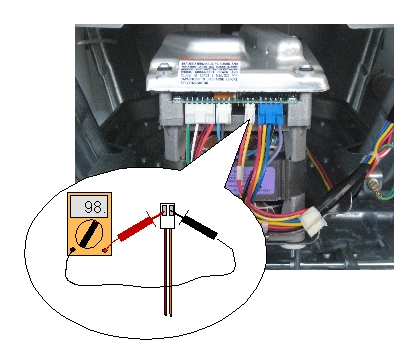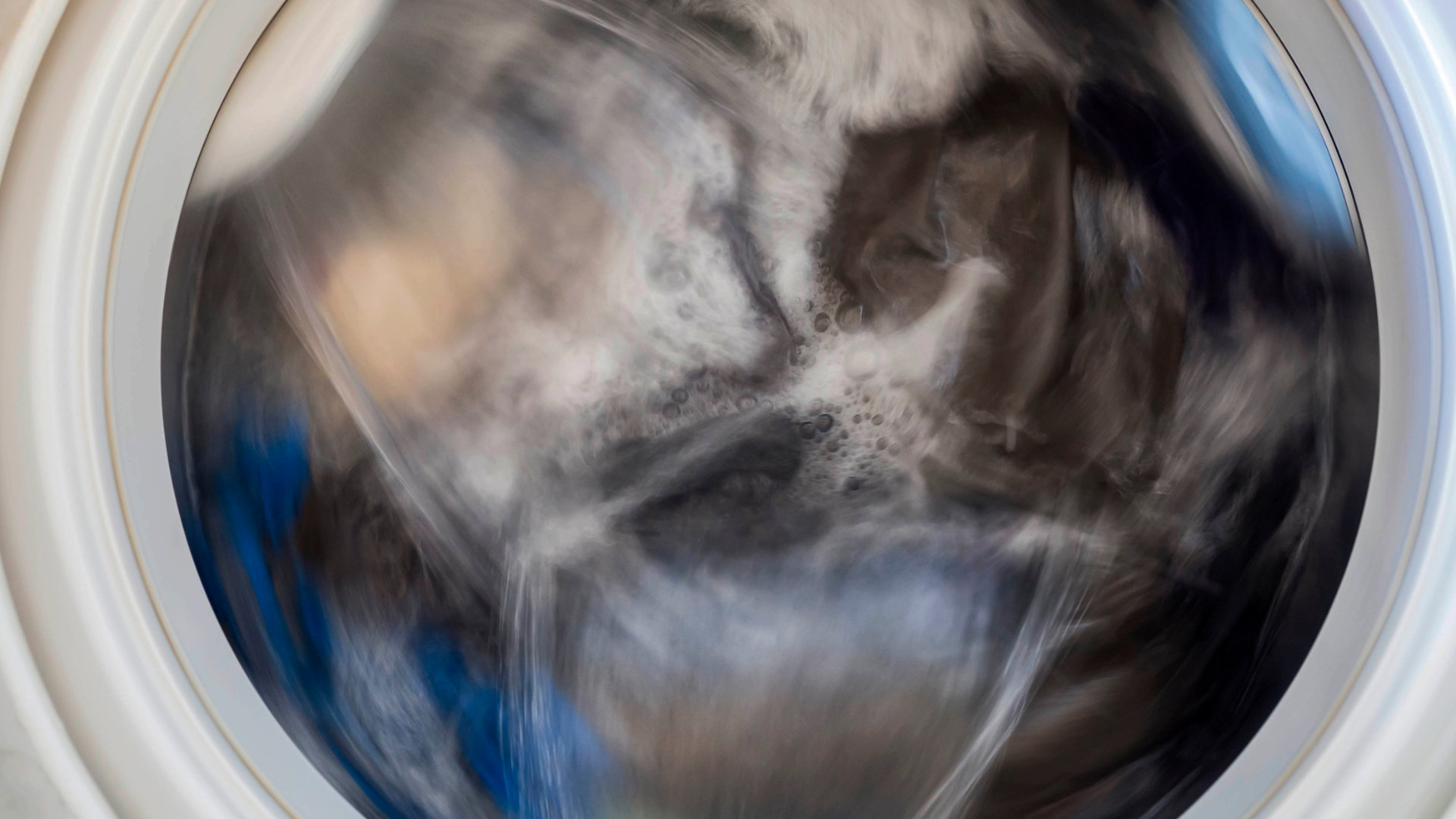My 14 year told GE Top Loaded washer stopped agitating and spinning. The motor PCB is suppose to continously blink green if all is good but that wasn't going on. to I'm not so good with electrical and through some online guides and found no power coming from the wiring harness to the PCB. I traced the problem to the dead inline 10a 125v fuse that was blocking contuity.

I replaced this with a ceramic 240v 10a slow fuse inside an inline holder.

I plugged the machine back in and as soon as I turned it on, a bit of smoke and burnt came from the motor PCB. There is still power and contunuity to the wiring harness leading to the motor PCB so I suspect the fuse is fine.

Does anyone understand what happened? Did the PCB short because of the 240v instead of 125v fuse rating, or because it's a slow blow?
Can a bad bearing cause this? My washing machine has been spinning quite loudly for awhile now, but I've never found play in the basket or other obvious signs like broken rubb
I found a used motor with PCB from eBay for $170 and can do a swap but not sure if this eliminates the problem?
The significant other wants me to stop fiddling and just buy our family a new machine 😛 Thoughts on whether it's worth swapping with motor/pcb or is this not the root problem?
I replaced this with a ceramic 240v 10a slow fuse inside an inline holder.
I plugged the machine back in and as soon as I turned it on, a bit of smoke and burnt came from the motor PCB. There is still power and contunuity to the wiring harness leading to the motor PCB so I suspect the fuse is fine.
Does anyone understand what happened? Did the PCB short because of the 240v instead of 125v fuse rating, or because it's a slow blow?
Can a bad bearing cause this? My washing machine has been spinning quite loudly for awhile now, but I've never found play in the basket or other obvious signs like broken rubb
I found a used motor with PCB from eBay for $170 and can do a swap but not sure if this eliminates the problem?
The significant other wants me to stop fiddling and just buy our family a new machine 😛 Thoughts on whether it's worth swapping with motor/pcb or is this not the root problem?



